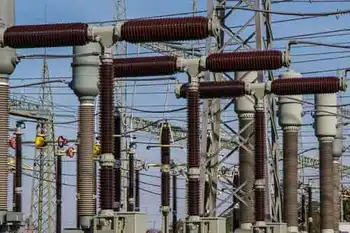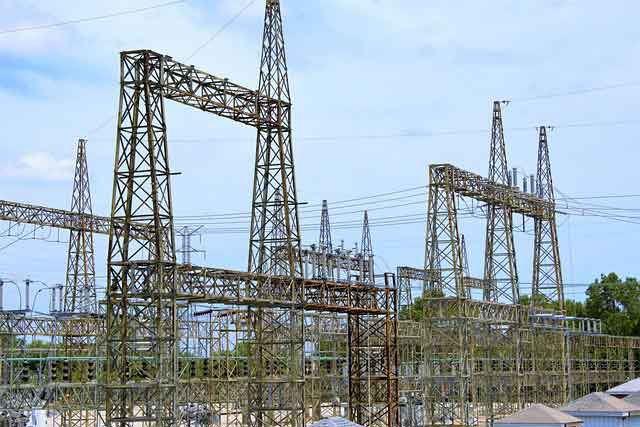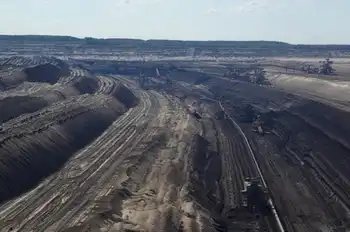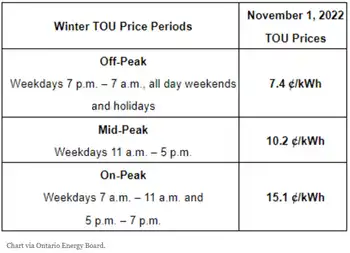Toronto Zoo wants to run on animal waste
TORONTO, ONTARIO - The Toronto Zoo wants to build a $13 million facility that would turn "zoo poo" into electricity.
The call for an on site anaerobic digester – using methane gas from animal waste to produce power – is part of the zoo's new push to become "carbon-neutral."
The question is how to pay for it. At a recent zoo board meeting, members suggested asking the city to foot the bill, or bringing in a private outfit to build and operate it.
The first suggestion seems like a long shot given Toronto Mayor David Miller's recent edict calling for city departments and agencies to flatline their budgets for 2009.
"We have to ask what's right for the zoo," Councillor Glenn De Baeremaeker told the board. "If budget committee and council says no, that's their right. We have to put this on the table to let committee and council know just exactly the potential at the zoo."
The zoo has recently adopted a "green mandate'' to draw visitors interested in protecting the Earth.
This theme is what's behind a yet-to-be launched $250 million fundraising campaign, which remains on hold awaiting a report from a consultant on how to proceed.
Zoo board members heard that a digester big enough to produce 4 megawatts could power the zoo plus 15,000 homes in Scarborough.
The technology isn't new. It's used extensively in Germany, for instance. Staff told the board the process doesn't involve incineration, and there's no combustion.
It could be running soon and would reduce the zoo's carbon footprint by 40 per cent, staff said.
The zoo keeps a large pile of animal waste on site, some of which is used as fertilizer. One by-product of a biogas facility could be a higher-grade fertilizer, which De Baeremaeker suggested could be sold.
Councillor Norm Kelly said he liked the sound of the plan but would "curb my enthusiasm" until he saw a business plan.
The board asked staff to prepare a request for proposals to see which businesses might be interested in getting involved.
"It's the wave of the future," De Baeremaeker said, adding it could make the zoo a world leader in minimizing carbon emissions.
Related News
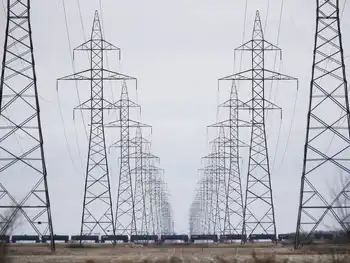
Hydro One: No cut in peak hydro rates yet for self-isolating customers
TORONTO - Hydro One says it is listening to requests by self-isolating residents for reduced kilowatt hour peak rates during the day when most people are home riding out the COVID-19 pandemic.
Peak rates of 20.8 cents per kw/h are twice as high from 7 a.m. to 7 p.m. – except weekends – than off-peak rates of 10.1 cents per kw/h and set by the Ontario Energy Board, not electricity providers such as Hydro One and Elexicon (formerly Veridian).
Frustrated electrical customers have signed their John Henry’s more than 50,000 times to a change.org petition demanding Hydro One temporarily slash rates for…

